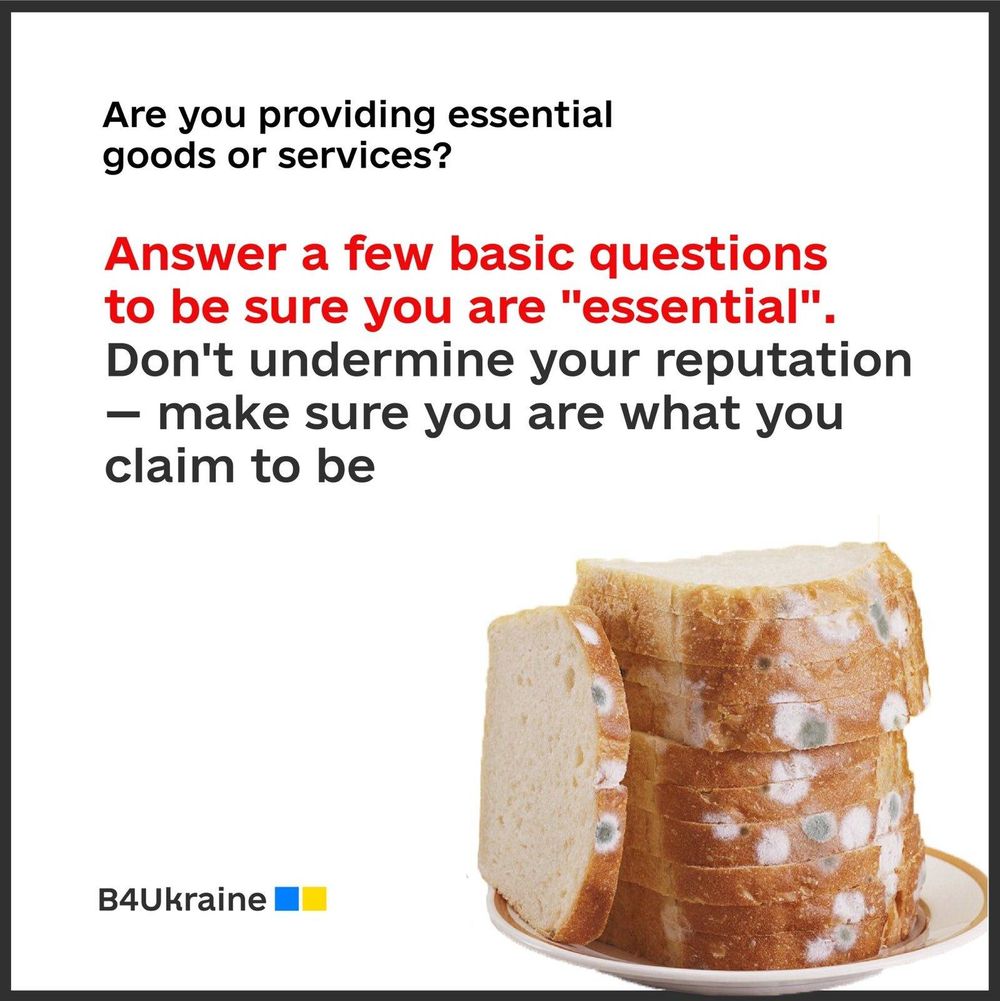
The UN Guiding Principles on Business and Human Rights (UNGPs) call on companies to conduct heightened human rights due diligence (HRDD) in response to Russia’s ongoing war of aggression against Ukraine and in other conflict-affected areas. Using this process, companies with direct or value chain activities in Ukraine, Russia, and Belarus must prevent and/or mitigate the adverse human rights impacts that are linked to their operations, products, or services by their business relationship. An effective HRDD process also assists companies in understanding and addressing the impacts of exiting a conflict-affected or high-risk market before or after a conflict escalates.
While many companies have withdrawn or limited their operations in Russia, some companies are remaining in the Russian market based on the “essentiality” of their goods/services. We recognize a possible outcome of meaningful human rights due diligence could result in companies maintaining the provision of essential goods or services that are vital for the health, safety, and wellbeing of the public. However, most companies have not provided sufficient and proper explanations of the criteria or process they are using to make such a claim. The burden should be on each company to justify why the good/service is essential to the market, why no alternative products are available or no other local actor(s) can supply the good/service, and how the company will mitigate its proximity to human rights harms. Specifically, companies should, at a minimum, answer the following questions:
- What is the specific good or service the company claims to be essential?
- How is the good/service necessary to maintain a basic or adequate standard of living in the context of the local market?
- What specific human rights would be violated if the company discontinues providing the good/service?
- Is the local community, including vulnerable populations, dependent on the good/service? If so, how?
- How does the local culture/society define an essential good/service?
- Is the particular good/service and the quantity/scope necessary to meet the essential need, as determined above?
- Are domestic actors within the market unable to provide the good/service to the local market?
- Are competitors within the local market able to provide the good/service to the local market?
- Are humanitarian actors able to provide the good/service to the local market?
- Are local state actors able to provide the good/service to the local market?
- How does providing the good/service cause, contribute to, or become linked to the human rights harms occurring because of the Russian invasion of Ukraine?[
- How much revenue is the company providing to the Russian government? For example:
- Via taxes;
- Via direct dividend payments;
- Via licenses, permits, and other fees
- Via profit sharing;
- Via facilitating government operations; or
- Via direct involvement in human rights abuses.
- How is the company mitigating its proximity to human rights harms while providing the goods/services?
- Is it feasible to change the company’s legal status to tax exempt?
- Is it feasible to use a previously established tax exempt status to distribute the good/service?
- Is it feasible to donate the good/service to, or partner with, a local or international nonprofit organization, IGO, or humanitarian actor for distribution?
- Is it feasible to set up an escrow account to hold any funds that should be paid to the Russian government?